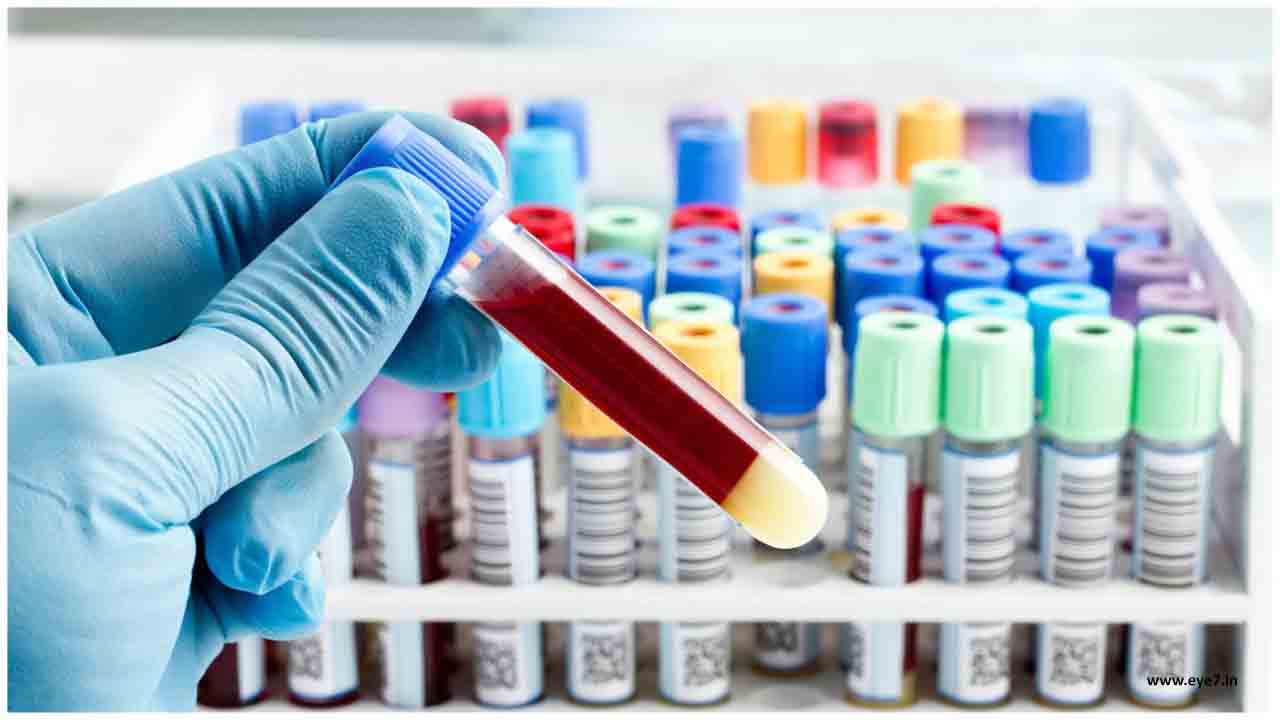In a landmark achievement, India has tested 2,02,02,858 COVID-19 samples so far. This is pursuant to the key strategy followed by State/UT Governments under the guidance of Centre for management of COVID-19 to “Test aggressively, Track efficiently and Isolate and Treat promptly". Effective implementation of this approach has led to ramping up the testing capacity across the country and facilitated widespread COVID testing of people.
With 3,81,027 samples tested in the last 24 hours, the number of Test Per Million (TPM) has increased to 14640. Currently, the testing per million for India is 14640. While the country's TPM has demonstrated a steady upward trend indicating the growing testing network, 24 States and UTs have reported higher testing per million than the national average.
The testing lab network in the country is continuously strengthened with 1348 labs in the country; 914 labs in the government sector and 434 private labs. These include:
• Real-Time RT PCR based testing labs: 686 (Govt: 418 + Private: 268)
• TrueNat based testing labs: 556 (Govt: 465 + Private: 91)
• CBNAAT based testing labs: 106 (Govt: 31 + Private: 75)
Union Health and Family Welfare Ministry today said, a total of 1186203 people have recovered from Coronavirus infection in the country so far. In the past 24 hours, 40574 recoveries were reported across the country. With this, the recovery rate reached 65.76 per cent and the case fatality rate has further declined to 2.11 per cent.
The Health Ministry said a total of 52972 new cases of COVID-19 were reported in the country in one day taking the total number of cases to 183695. Presently, the total number of active cases in the country is 579357. In a single day, 771 deaths were reported taking the nationwide toll to 38135.
Meanwhile, Government today said that Electronic Vaccine Intelligence Network (eVIN) has ensured essential immunization services during the COVID pandemic. Union Health Ministry said eVIN is an innovative technological solution aimed at strengthening immunization supply chain systems across the country.
This is being implemented under the National Health Mission by the Ministry of Health and Family Welfare. It aims to provide real-time information on vaccine stocks and flows, and storage temperatures across all cold chain points in the country.
This system has been used with the requisite customization during the COVID pandemic for ensuring the continuation of the essential immunization services and protecting the children and pregnant mothers against vaccine-preventable diseases.
The Ministry said, eVIN has reached 32 States and Union Territories and will soon be rolled out in the remaining States and UTs of Andaman and Nicobar Islands, Chandigarh, Ladakh and Sikkim.
At present, 23507 cold chain points across 585 districts of 22 States and two UTs routinely use the eVIN technology for efficient vaccine logistics management. Vaccine availability at all times has increased to 99 per cent in most health centers.
To support the Government's efforts to combat COVID-19, eVIN India is helping the State and UT governments monitor the supply chain of COVID response material.
Since April, eight States - Tripura, Nagaland, Manipur, Meghalaya, Arunachal Pradesh, Haryana, Punjab and Maharashtra are using the eVIN application with 100 per cent adherence rate to track State-specific COVID-19 material supplies, ensure availability and raise s in case of shortage of 81 essential drugs and equipment.

 Tests Per Million increases to 14640
Tests Per Million increases to 14640











.jpeg)









.jpeg)

.jpeg)












.jpg)